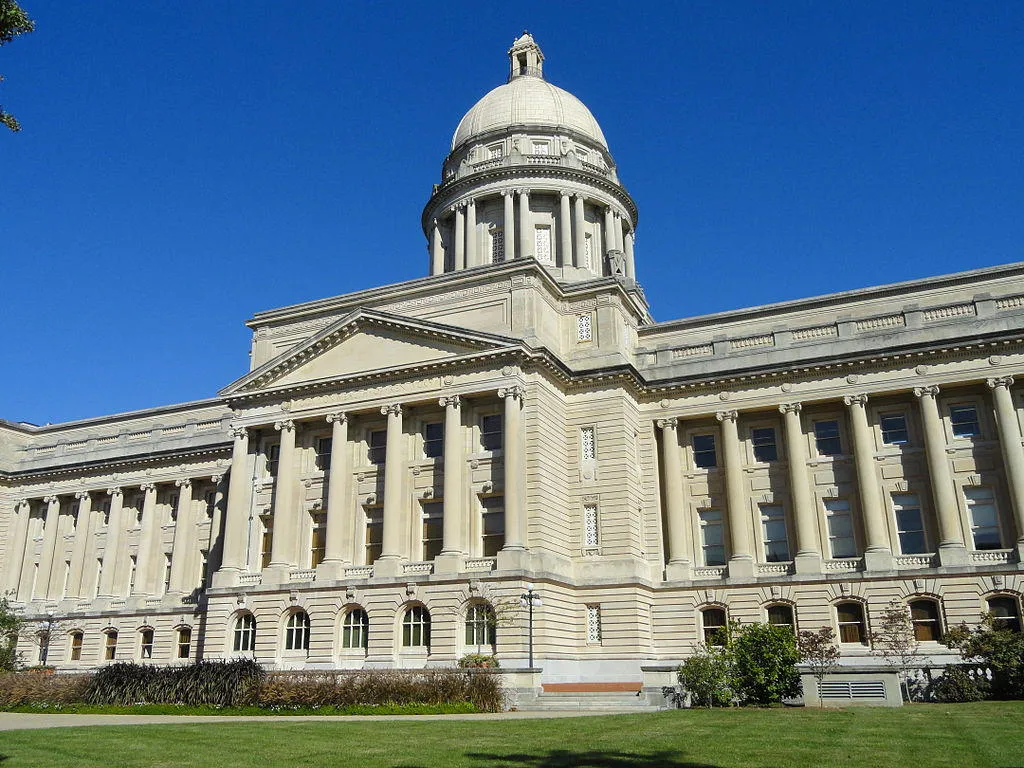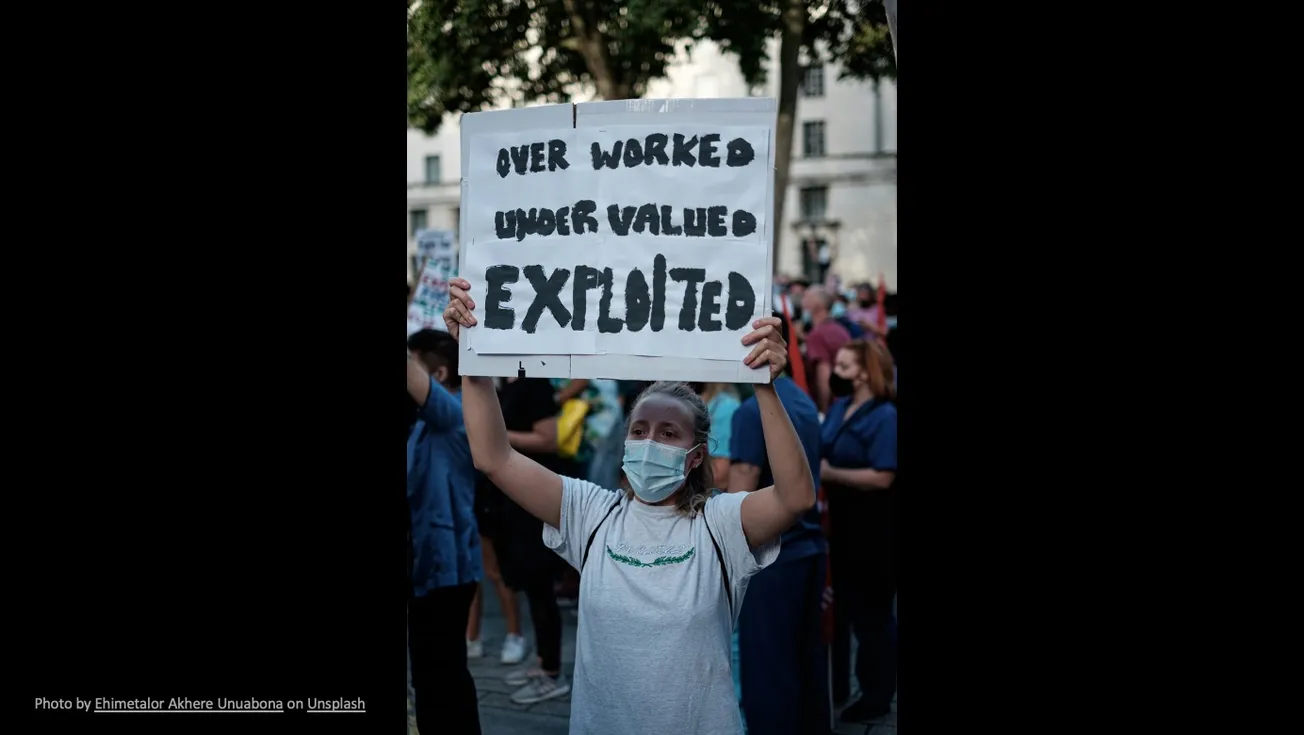The following is provided by the John Y. Brown Group, a lobbying firm used by the Kentucky Press Association. The article was shared with KPA member publishers, which includes Forward Kentucky.
The 2024 Legislative Session has adjourned Sine Die until January 7th, 2025, unless otherwise called into extraordinary session by the Governor. During this 60-day session, there were 1,220 bills introduced with the House having filed 838 bills and the Senate filing 383. This is the highest number of bills filed since 2000. Of the 1,220 filed, only 215 bills were passed and sent to the Governor. In 2022, the previous 60-day session, 221 bills were passed and sent to the governor.
Thus far, 147 bills have been signed by the Governor with 18 of them becoming law without his signature. During the veto period, Governor Beshear vetoed 27 bills, which is a few more than he vetoed last session at 15. The legislature voted to override all 27 vetoes. Governor Beshear will continue to sign and veto bills in the coming days with the legislature not having the ability to override.
It being an even year and a 60-day session, the legislature’s main focus was crafting the biennial budget. The two budget bills, HB6 and HB1, outline $33 billion dollars of state government spending over the next two years. Members of the majority party tout this budget as a historic investment in education, infrastructure and paying down Kentucky’s public pension liabilities, while the minority have criticized it for coming up short, arguing they should have allocated an 11% raise for all K-12 public school employees and fund universal pre-k. HB 6, the executive branch budget bill, sets out $30 billion of spending over the next two years from the state’s General Fund. The final version includes an increase in public education spending, now raising the per-student SEEK funding formula of K-12 public schools by 3% to 6%. It also increased spending on public school transportation costs.
Lawmakers also finalized another appropriations bill, HB1, appropriating $2.7 billion from the state’s budget reserve trust fund for one-time infrastructure spending projects and public pension payments. Some notable appropriations in HB1 include: $230 million of pension payments, $450 million to the Kentucky Transportation Cabinet to support the State Supported Construction Program and select construction projects within the 2024-2026 Biennial Highway Construction Program, $344 million for Kentucky Infrastructure Authority water and sewer projects, $200 million to the Department of Agriculture budget unit to support matching funds for federal grants under the Government Resources Accelerating Needed Transformation Program, $100 million to the Louisville Metro Government for downtown revitalization projects, and $60 million to the Medicaid benefits budget unit to support ongoing needs of the Medicaid benefits program. Appropriations and Revenue chair, Sen. McDaniel, believes that HB1 and the executive branch budget bill, HB6, will put the state on a path to reduce the income tax to 3.5% by January 2026.
In addition to HB6 and HB1, there were several bills that gained attention throughout the legislative session, for good or for bad. Some high-profile bills to note:
School Choice – HB2 seeks to change the state’s constitution to allow tax dollars to be used on funding non-public school education. To do so, lawmakers must get voter approval by adding it to the ballot. This bill does not enact policy; instead, it gives voters the final say. Supporters of the measure call this school choice, allowing for parents to have more options for their children’s education besides a traditional public school. Opponents of the measure, however, are concerned about the “what-ifs” and the effects it could have on public schools. HB2 passed the House 65-32 and the Senate 27-8
Safer Kentucky Act – HB5, a controversial criminal justice bill deemed “The Safer Kentucky Act” made its way through both chambers before the veto period began. The Republican-led measure would make a multitude of changes to the state’s criminal code, enhancing may current penalties and creating new offenses. Supporters believe this bill to be necessary to hold more criminals accountable and to make communities safer, while opponents believe this measure fails to delve into the root causes of the crime and will increase costs by putting more people behind bars. Although the Governor vetoed HB5, the legislature voted to override his veto 73-22 in the House and 27-10 in the Senate.
“Momnibus bill” – HB10 – This bill, aimed at lowering Kentucky’s maternal mortality and morbidity rates, carried strong bipartisan support through session until a controversial amendment was attached to the bill. The amendment proposed requiring healthcare providers to recommend women with nonviable pregnancies consider carrying those pregnancies to term rather than get abortions. Given the controversy, the bill was deemed dead until the final day of session when the original version of HB10 got attached to SB74, a bill adjusting requirements for the statewide child and maternal fatality review team, and passed both chambers with near unanimous, bipartisan support.
Vaping – HB11 aims at cracking down on the illegal sale of electronic cigarettes to minors and keeping unauthorized vaping products out of stores. The bill will create a list of businesses selling vape products using corporate data collected by the secretary of state. The list will be given to inspectors with ABC who enforce the law against underage sales. A big component of the bill limits Kentucky retailers to vape products that have been approved or exempted for sale by the U.S Food and Drug Administration. Owners of Kentucky vape stores fear this will wipe out most of their stock and force them to close, eliminating thousands of jobs. In addition to passing both chambers with overwhelming support, Governor Beshear signed it into law.
Kentucky Open Records Act – HB509 threatened to create a loophole to the Kentucky Open Records Act that would have allowed government officials to communicate about public business through texts or direct messaging apps without public scrutiny. The sponsor of the bill believed this change to be needed to protect officials from having their personal communications released to the public. Opponents said the passage of HB509 would have allowed officials to circumvent the Open Records Act entirely by communicating through other electronic means. Having passed the Senate committee in late March, the bill just lacked a full Senate vote to be sent to the Governor, but it ultimately died on the last day of session.
Anti-DEI – SB6/HB9 sought to restrict diversity, equity and inclusion offices at public colleges and universities across the commonwealth. The final version of SB6 would have prohibited public higher education institutions from allocating resources to fund DEI offices and individual staff positions if they were in any way charged with “implementing or promoting” DEI outside of the context of academic courses and classroom instruction. Although it seemed as a priority bill for the Republican-led supermajority in both chambers, they failed to pass it before the veto days began. Realizing Governor Beshear has the power to veto bills passed on the final days of session without the ability for a legislative override, the anti-DEI bill did not receive final approval from the Senate.
While four of the bills were passed by the legislature, the bills to amend the Kentucky Open Records Act and DEI laws did not make it across the finish line. The Governor has 10 days, not including Sundays, after Sine Die to either sign, veto or let a bill become law without his signature. After April 26th, we will let you know the final outcome.
As mentioned, the Kentucky legislature is set to convene for the 2025 legislative session on January 7th. This will be a 30-day session that will adjourn on March 30th.
--30--







